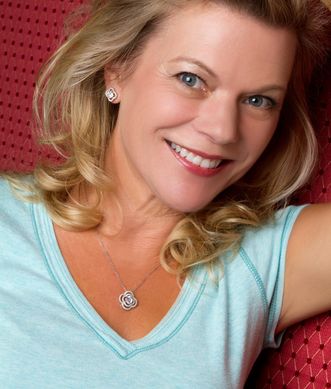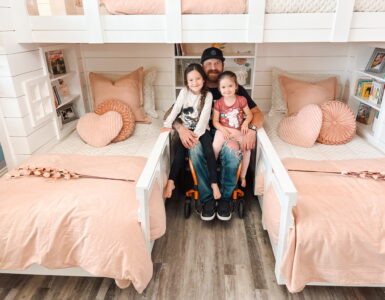Discover your emotional style and find out how to make it work for you.
Has someone accused you of being “too sensitive” or suggested that you
“grow a thicker skin?” Or maybe you’ve heard that you’re “hard to read” or
that you’re a “tough nut to crack?” Those comments may be clues to your
style of processing emotions. How much of your environment you let into
your being and how aware you are of your feelings.
The boundary concept was developed and researched by Ernest Hartmann,
MD, of Tufts University, and this concept was expanded further in the book
Your Emotional Type by Michael A. Jawer and Marc S. Micozzi. Jawer and
Micozzi’s research further explore “thick and thin” emotional types,
suggesting that our minds and our bodies are connected, and that our
emotional type impacts our predisposition to certain health conditions.
“Different people process their feelings in different ways—your emotional
style is a fundamental aspect of who you are. It affects more than just your
outlook on life; it can affect your very well-being,” according to Jawer and
Micozzi.
Are YOU thick or thin skinned? Take The Boundary Test
Thin skinned people:
· Are more tuned in to feelings
· React strongly to senses (light, sound, touch, taste, etc.)
· Respond more strongly to pain in self and others
· Are easily stressed or fatigued
· Are more affected by childhood emotions
· More allergic and their immune systems are more reactive
Thick skinned people:
· Are more tuned in with thoughts
· Less impacted by physical environment
· Can brush aside emotional upsets & remain calm
· Slower to recognize feelings
· May feel empty or detachment
· Disconnected to childhood emotions
· Don’t actually feel their feelings any less but are less aware of them
Additional information:
· Women tend to score thinner than men.
· Older people score thicker than younger people.
· Knowing your emotional boundary style can help you identify your
strengths and weaknesses.
· Understanding your loved one’s style can help you empathize with the
way they process emotions.
· One boundary style isn’t better than the other.
Additional resources:
Book: Your Emotional Type
Website: YourEmotionalType.com
Julie de Azevedo Hanks, LCSW is a therapist, self & relationship expert, media
contributor and director of Wasatch Family Therapy. Visit
www.wasatchfamilytherapy.co
m for individual, couple, family, & group
counseling services designed to strengthen you and your family. We treat
mental health and relationship problems in children, adolescents, and adults.
Now open in Provo! For additional emotional health & relationship resources
connect with Julie at www.juliehanks.com.















Add comment